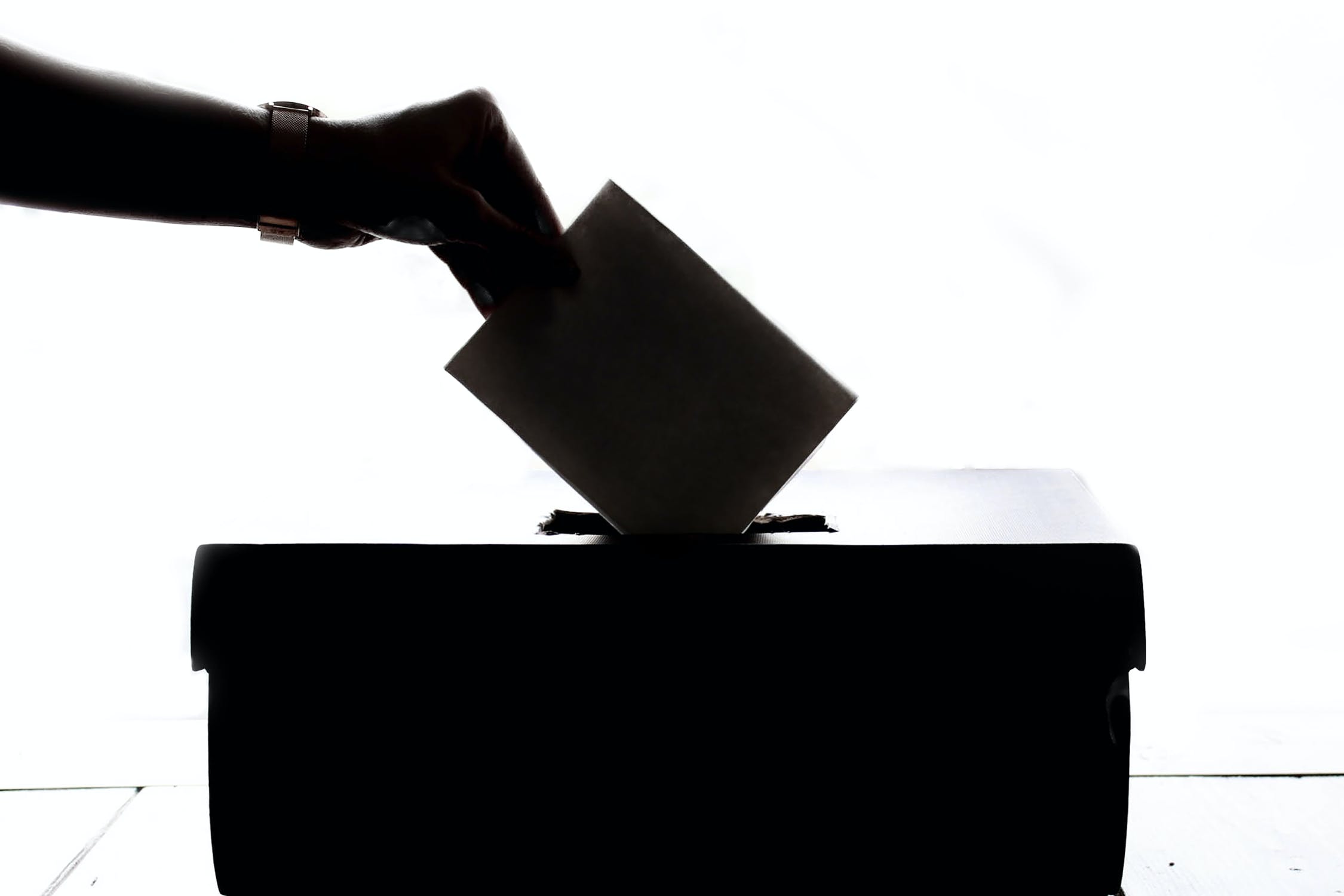Two months after the 63rd Grammys and the inevitable scandal that surrounded the Awards’ voting system, The Recording Academy has announced that they will be scrapping their secret voting committees to allow for fairness and transparency.
With the unrest surrounding the Grammys becoming louder every year, it was only a matter of time before something had to change. After another year of being publicly called out for dishonesty, sexism, racism and manipulation, The Recording Academy has taken the step to allow all 11,000 of their voting members to select nominees. This is instead of the usual committees of 15-30 industry experts. In previous years, screening committees considered thousands of applications for the Awards, which were then whittled down to a final shortlist by a ‘nominations review panel’. The members of this panel, and their standing within the music industry, were never made public. Once a shortlist was chosen, these secret committee members had the power to overrule nominations and replace them with anyone they wanted.
The Academy released a statement stating that these changes were significant and would “Ensure that the Grammy Awards rules and guidelines are transparent and equitable”. On top of this change, the Academy is also reducing the number of categories each member is allowed to vote for, to help ensure that voters are only casting votes in areas that they have expert knowledge in. “To ensure music creators are voting in the categories in which they are most knowledgable and qualified, the number of specific genre field categories in which Grammy Award voters may vote has been reduced from 15 to 10. Additionally, those 10 categories must be within no more than three fields.” 90% of the existing committees will also have to go through a ‘re-qualification’ process before next year’s awards, to make sure that all members still play an active role in the music industry.
New categories have also been added to the Awards – Best Global Music Performance and Best Música Urbana Album – seemingly as a direct result of the backlash they received this year concerning allegations of racism and tokenism. However, this move has been met with apathy from audiences. Many still feel like this is an empty gesture, and one that actively seeks to segregate BAME musicians even more within the Awards and the music industry.
The Weeknd, who was famously snubbed at this year’s Grammys, said that he will continue to boycott the Awards despite these changes. In an interview with Variety, the Canadian singer, who didn’t pick up any nominations despite being one of the biggest commercial successes of 2020, stated that the move the Academy was making was “an important start”. He added: “The industry and public alike still need to see the transparent system truly at play for the win to be celebrated. I remain uninterested in being a part of the Grammys, especially with their own admissions of corruption for all these decades. I will not be submitting [any music] in the future”. Fellow musician Drake was one of the first to come to The Weeknd’s defence after his snub: “I think we should stop allowing ourselves to be shocked every year by the disconnect between impactful music and these awards”. Acting Grammy chief Harvey Mason Jr said that changes were already being made before The Weeknd’s snub, but recognised that this controversy had helped push the changes through more quickly. “Any time an artist, especially one of stature, calls our process into question, or thinks that something is unfair”, Mason said, “The Academy is, of course, going to be affected by that, and want to work to make things better”.
But with such a long and problematic history of manipulation, racism, sexism and dishonesty, is this a case of ‘too little, too late’? It seems that most are not convinced that The Recording Academy’s motives are entirely honest, and are simply adding to their ever-growing, ever more embarrassing collection of uninformed opinions and actions. We are seeing attempts to preserve an institution that is showing itself more and more to be outdated, elitist and surplus to requirement.




